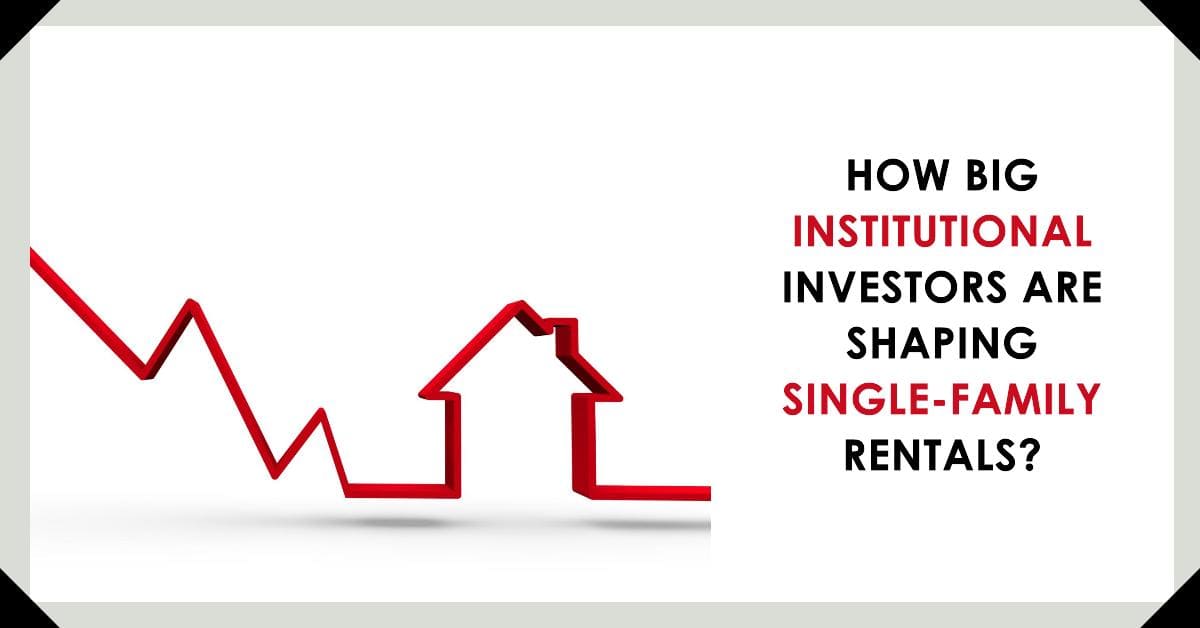The Impact of Institutional Investors on the Housing Market: Trends, Challenges, and Policy Considerations
In recent years, a significant shift has been observed in the housing market as big investors are increasingly buying up single-family homes, impacting rent prices and homeownership opportunities. A new report from the U.S. Government Accountability Office (GAO) sheds light on this trend and its implications for the housing market.
The report highlights how the 2007-2009 financial crisis created a unique opportunity for institutional investors to enter the single-family rental market. With a surge in foreclosed homes flooding the market, these investors were able to acquire properties in bulk through local auctions, allowing for more efficient management and potentially lower costs per unit. Additionally, their access to diverse funding sources gave them a competitive edge over traditional homebuyers.
Institutional investors also participated in initiatives like Fannie Mae’s REO-to-Rental program, further expanding their presence in the market. Technological advancements played a crucial role in enabling these investors to manage large portfolios efficiently, streamlining property acquisition and tenant management processes.
While the GAO report acknowledges some potential benefits of institutional investors, such as stabilizing neighborhoods and improving property maintenance, it also raises concerns about their impact on homeownership rates and rental prices. The report emphasizes the need for more data to fully understand the extent of their influence on the housing market.
Policy considerations and further research are essential to address the complexities of this issue and ensure a balanced housing market that benefits both investors and renters. By promoting data collection and standardization, exploring initiatives to support homeownership, and conducting more research on investor strategies and tenant outcomes, policymakers can work towards creating a housing market that meets the needs of all stakeholders.
As the housing market continues to evolve, informed policy decisions and ongoing research will be crucial for fostering a healthy and balanced housing ecosystem. By prioritizing data-driven decision-making and addressing key considerations, we can create a housing market that thrives on innovation while ensuring access to homeownership and affordable rentals for all.
